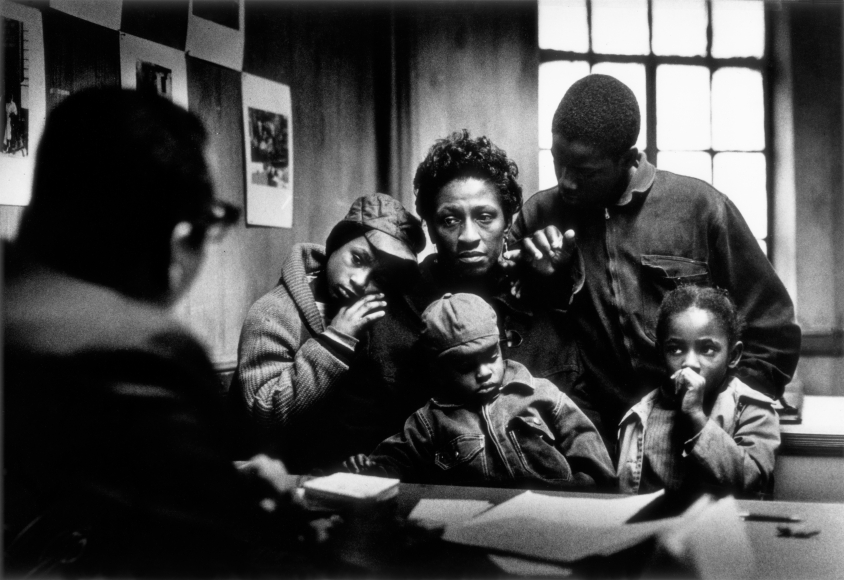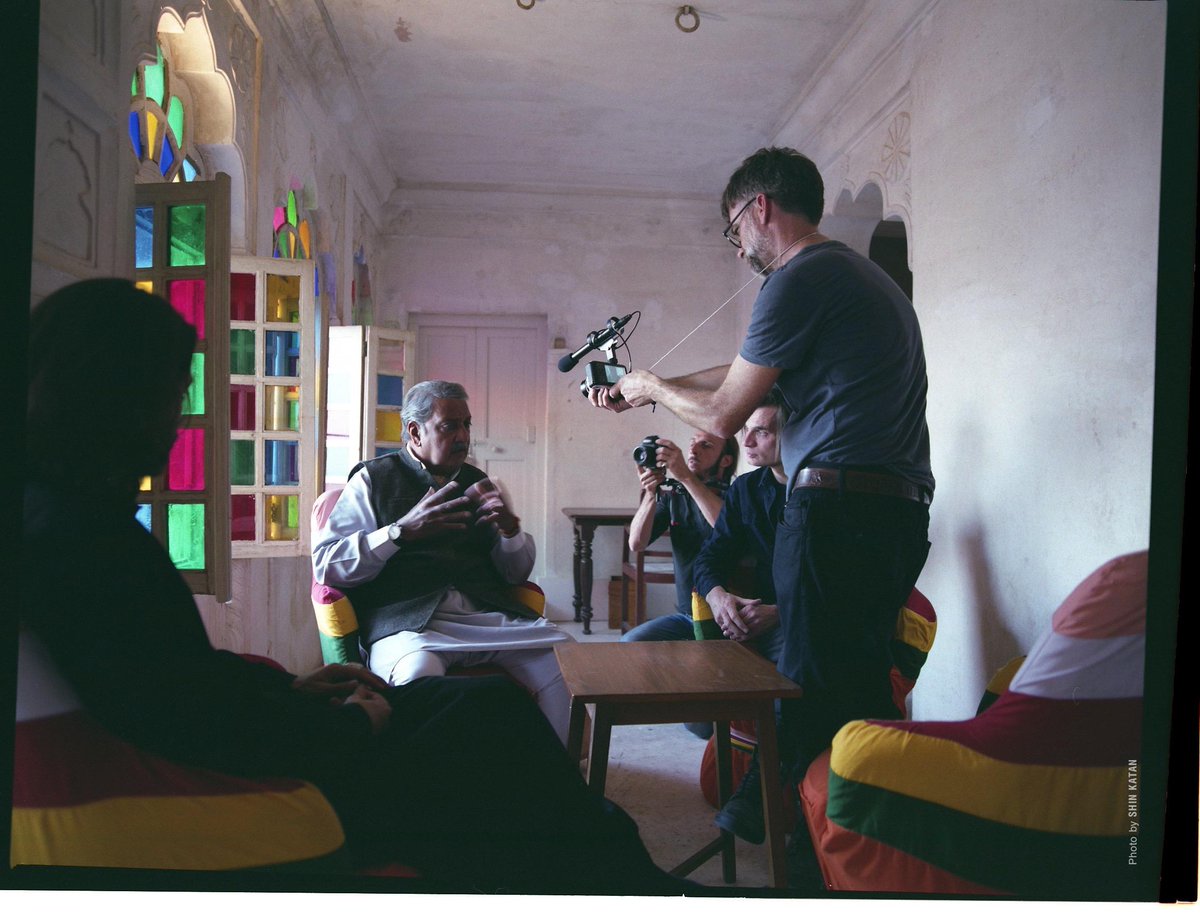 |
| Screencap from a short doc I shot last year featuring some one facing eviction |
One of the most powerful things to
come from the convergence of media outlets and public forums in the
form of the internet is it's ability to give a voice to those that
before had none. Examples of this can be found all over in the last
few years, be it the Arab spring, various grass roots civil rights
movement or getting to word out for help in disasters. A downside to
this however, is that with the inclusion of so many new voices, it
can become hard to make them out in the cacophony that is the
internet. And it is usually the loudest voices that make headlines,
or, in this age of social media, hash tags. The ability to be heard
has never been both easier and hard at the same time.
In 2014, 77.2 Million people earned
minimum wage in America. Over 3 million households in the top 25
metropolitan areas receive public assistance as of the latest census
from 2012. Obviously, these numbers are huge. And these numbers
include people that I interact with everyday. An important issue in
America right now is minimum wage and welfare. They have been argued
over since when people worked in sweatshops for pennies and when
welfare was first introduced in 1930's. It is fairly common to see
many right wing news outlets and individuals criticizing people that
earn welfare and people trying to raise the minimum wage. They say
that both indulge in peoples laziness and leads to unnecessary
spending. The argument is complicated when you
also bring the idea of a “living wage” into the picture. A living
wage is defined as, “A wage sufficient to provide the necessities
and comforts essential to an acceptable standard of living” .
The problem posed by this is that, what constitutes a living wage?
Are internet, television and phone access necessary to life?
These are subject I want to tackle in
a short documentary film. Being an amateur film lover and maker, I
believe in the power of film to change and give voices to people, and
with the advent of video hosting sites like YouTube and Vimeo and the
proliferation of affordable, high quality video equipment, it's now
even easier then ever to make a film and distribute it. For the
short, I want to interview several people that are earning minimum
wage or just over it, or receiving government assistance. I want to
record their struggles living on the edge of poverty and give them a
voice that might be lost in a message board or YouTube comment. I
already have several interviewees that earn minimum wage and one that
lives off welfare that are willing to be in the short. I will ask
them about their living conditions, spending habits, food quality,
how much time they spend at work, how they use the internet in
relation to their lives, any challenges they have faced caused by
what they earn and many more questions. I will also do research into what
constitutes a living wage and whether these people earning minimum
wage or welfare fall into that category. There are many living wage
calculators devised by universities like MIT and they can lead to
different results depending on what constitutes a living wage. For
the purpose of the short I will only look at the state of New Jersey.
One of the primary reasons I have
chosen this subject matter for Convergence is that, with the rise of
social media, the challenge of being heard has now become a sort of
shouting match where the loudest come out on top. When someone is
working overtime to pay for their rent, it can sometimes be hard to
get their voice heard with a simple tweet or Facebook status, let
alone a short film. I also believe a short concise video about the
subject of the living wage and the challenges faced by those living
under the line would grab more attention then a single tweet that
would be lost to the wind. There is an audience on the internet for
short films and documentaries that could be tapped to get the word
out.
My ultimate hope is that the short can help people fighting for wage equality to remember what they are fighting for and maybe even convert a few critics of welfare and wage increases. I will upload the finished video to YouTube and Vimeo and ask everyone i know to share it and to see how far it can get. Maybe with a little push it can make a big difference.
Update:
https://youtu.be/Z6T8W7sWM9U
Select bits from one of the interviews of I've shot for the documentary
My ultimate hope is that the short can help people fighting for wage equality to remember what they are fighting for and maybe even convert a few critics of welfare and wage increases. I will upload the finished video to YouTube and Vimeo and ask everyone i know to share it and to see how far it can get. Maybe with a little push it can make a big difference.
 |
| Photo of a family collecting welfare by Gordon Parks. Taken from the Gordon Parks Foundation website. |
Update:
https://youtu.be/Z6T8W7sWM9U
Select bits from one of the interviews of I've shot for the documentary

I love your idea for your project, I think this is definitely an issue that doesn't get talked about enough in society. The sad reality is that there a lot of people in this country who are categorized as working poor. I'd actually be interested in being involved in the documentary if I could discuss some of my experiences working minimum wage jobs.
ReplyDeleteHey Bryan,
ReplyDeleteIts a great subject. I think you should really try to get it published on some sort of big internet platform, because i really think it could help bring awareness.